Unfortunately, Macs and gaming don't go well together. In this industry, the clear king is computers with the Windows operating system, which have almost all the necessary drivers, games and other essentials available. Unfortunately, macOS is no longer so lucky. But whose fault is it? In general, it is often stated that it is a combination of several factors. For example, the macOS system itself is not so widespread, which makes it pointless to prepare games for it, or that these computers do not even have sufficient performance.
It could be interest you
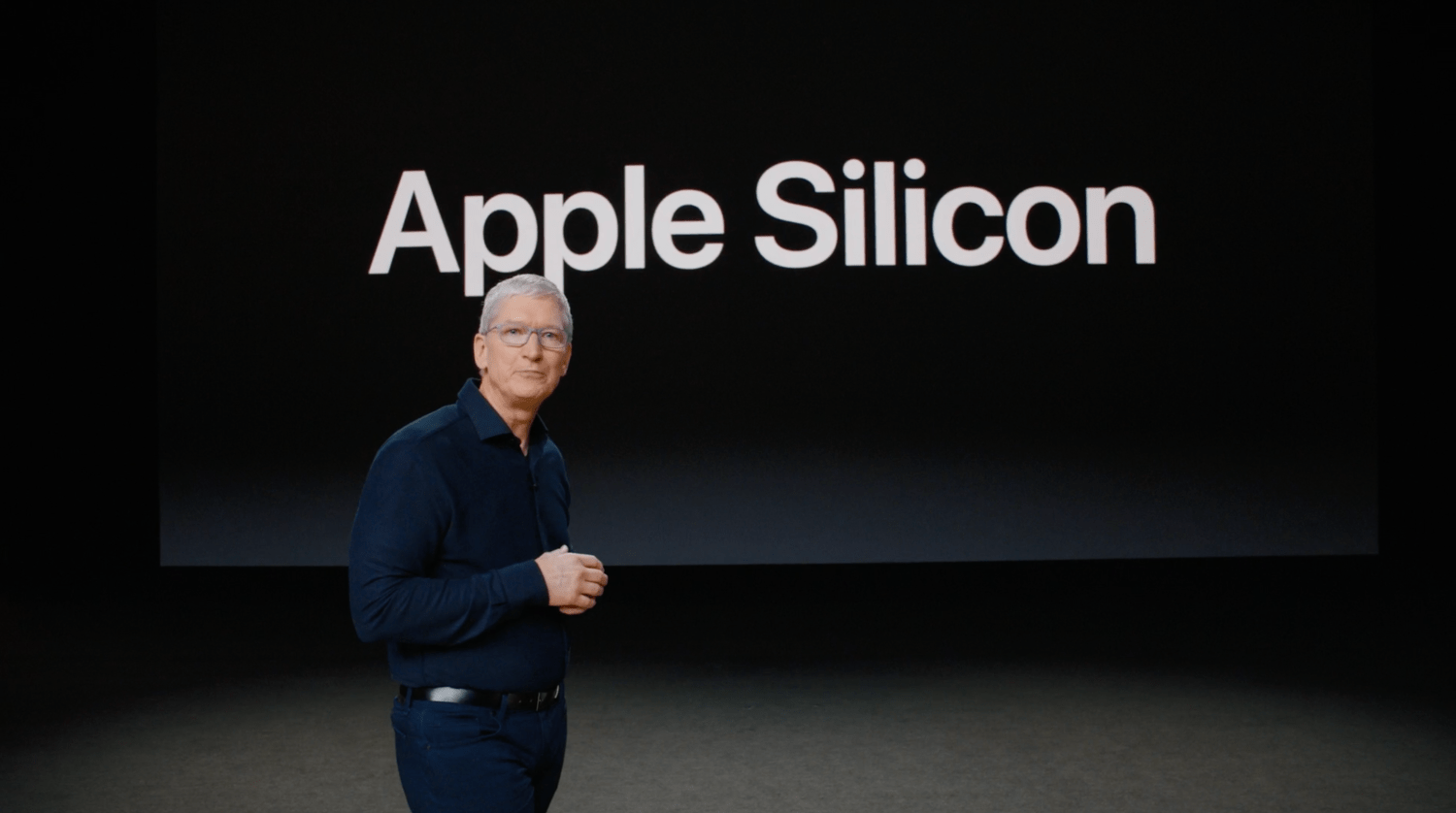
Until some time ago, the problem with insufficient power was indeed of considerable proportions. Basic Macs suffered from poor performance and imperfect cooling, which caused their performance to drop even further as the devices couldn't cool down. However, this deficiency is finally gone with the arrival of Apple's own Silicon chips. Although these may seem like absolute salvation from a gaming point of view, unfortunately this is not the case. Apple took a radical step to cut a number of great games much earlier.
Support for 32-bit applications is long gone
Apple already started the transition to 64-bit technology a few years ago. So it simply announced that in the coming time it will completely remove support for 32-bit applications and games, which will therefore have to be optimized to a newer "version" in order for the software to even run on the Apple operating system. Of course, it also brings with it certain advantages. Modern processors and chips use 64-bit hardware and thus have access to a larger amount of memory, from which it is logically evident that the performance itself also increases. Back in 2017, however, it was not clear to anyone when support for the older technology would be completely cut off.
Apple did not inform about this until the following year (2018). Specifically, he said that macOS Mojave will be the last Apple computer operating system that will still support 32-bit applications. With the arrival of macOS Catalina, we had to say goodbye for good. And that's why we can't run these apps today, regardless of the hardware itself. Today's systems simply block them and there is nothing we can do about it. With this move, Apple literally deleted any support for older software, which includes a number of great games that Apple users could otherwise play with peace of mind.
Do 32-bit games matter today?
At first glance, it might seem that these older 32-bit games don't really matter today. But the opposite is true. Among them we can find a number of literally legendary titles that every good player wants to remember once in a while. And here's the problem - even though the game may be ready for macOS, the apple user doesn't have the opportunity to play it, regardless of his hardware. Apple thus deprived us all of the opportunity to play gems such as Half-Life 2, Left 4 Dead 2, Witcher 2, some titles from the Call of Duty series (for example, Modern Warfare 2) and many others. We would find clouds of such representatives.

Apple fans are literally out of luck and simply have no way to play these very popular games. The only option is to virtualize Windows (which is not entirely pleasant in the case of Macs with Apple Silicon chips), or to sit down at a classic computer. Of course it's a huge shame. On the other hand, the question may be asked, why don't the developers themselves update their games to 64-bit technology so that everyone can enjoy them? Quite possibly in this we will find the fundamental problem. In short, such a step is not worthwhile for them. There aren't exactly twice as many macOS users per se, and only a small portion of them might be interested in gaming. So does it make sense to invest a lot of money in remaking these games? Probably probably not.
Gaming on the Mac (maybe) has no future
It's time to admit that gaming on the Mac probably has no future. As we indicated above, he brought us some hope the arrival of Apple Silicon chips. This is because the performance of the Apple computers themselves has been significantly strengthened, according to which it can be concluded that game developers will also focus on these machines and prepare their titles for this platform as well. However, nothing is happening yet. On the other hand, Apple Silicon has not been with us very long and there is still a lot of room for change. However, we strongly recommend not to count on it. In the end, it is the interplay of several factors, specifically from the ignoring of the platform on the part of the game studios, through Apple's stubbornness down to the meager representation of players on the platform itself.
It could be interest you

Therefore, when I personally want to play some games on my MacBook Air (M1), I have to make do with what I have available. Great gameplay is offered, for example, in World of Warcraft, as this MMORPG title is even fully optimized for Apple Silicon and runs so-called natively. Of the games that need to be translated with the Rosetta 2 layer, Tomb Raider (2013) or Counter-Strike: Global Offensive have proven to be good for me, which still offer a great experience. However, if we want something more, we are out of luck. For now, we are therefore forced to rely on cloud gaming platforms such as GeForce NOW, Microsoft xCloud or Google Stadia. These can provide hours of entertainment, but for a monthly subscription and with the necessity of a stable internet connection.
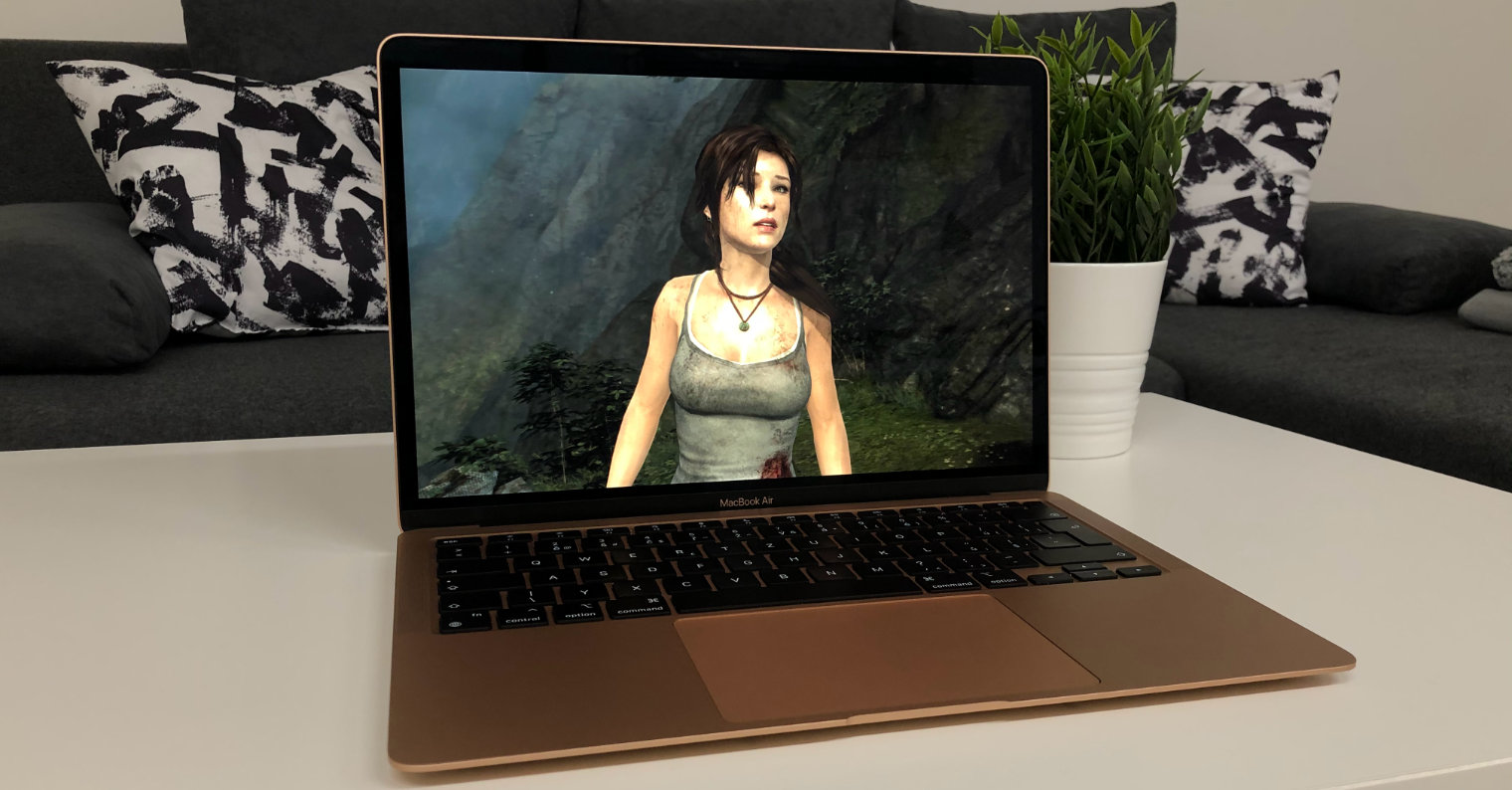
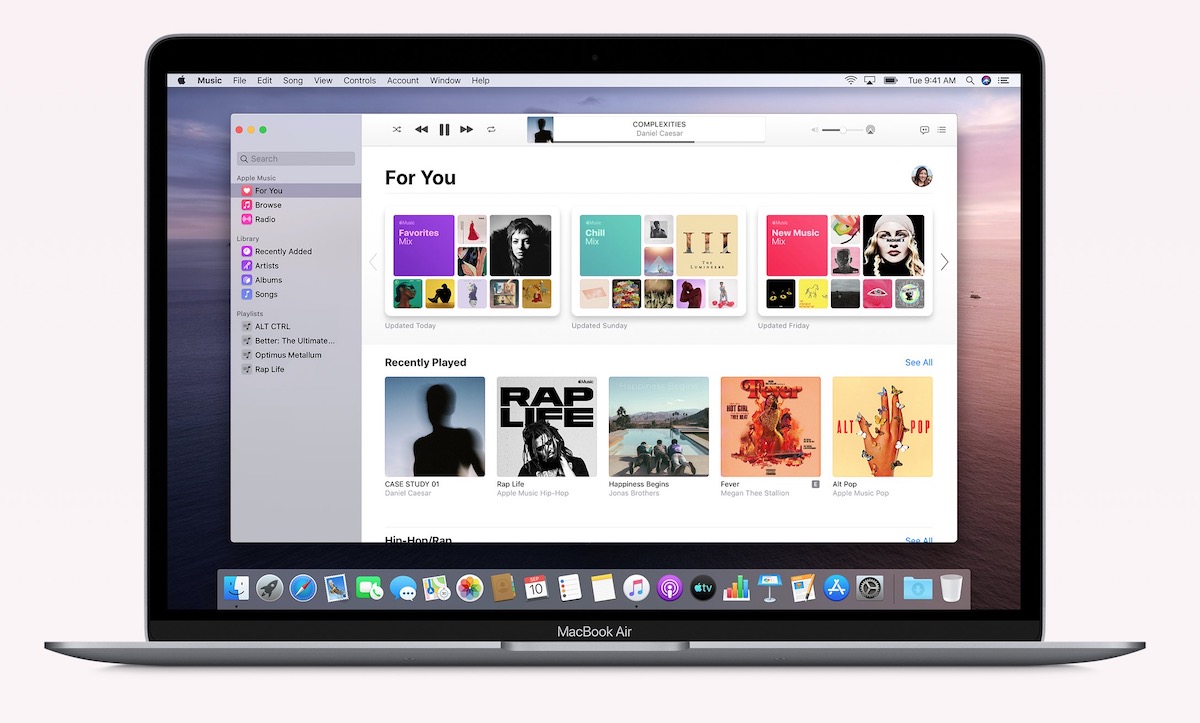
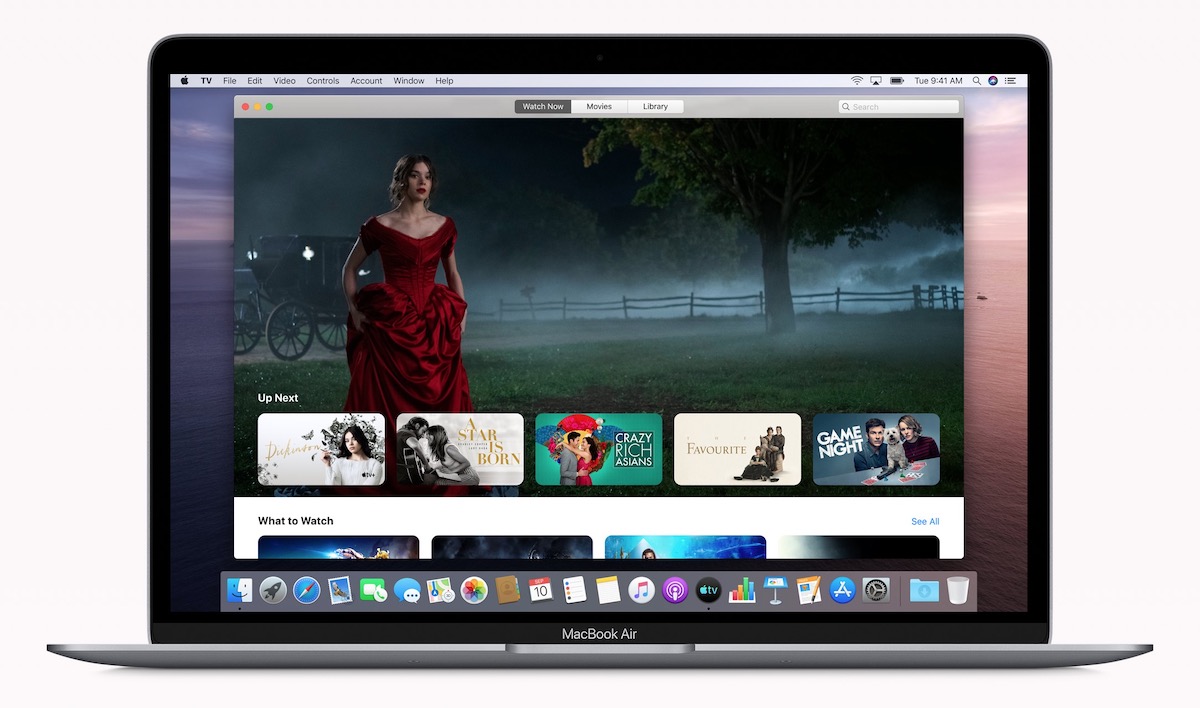
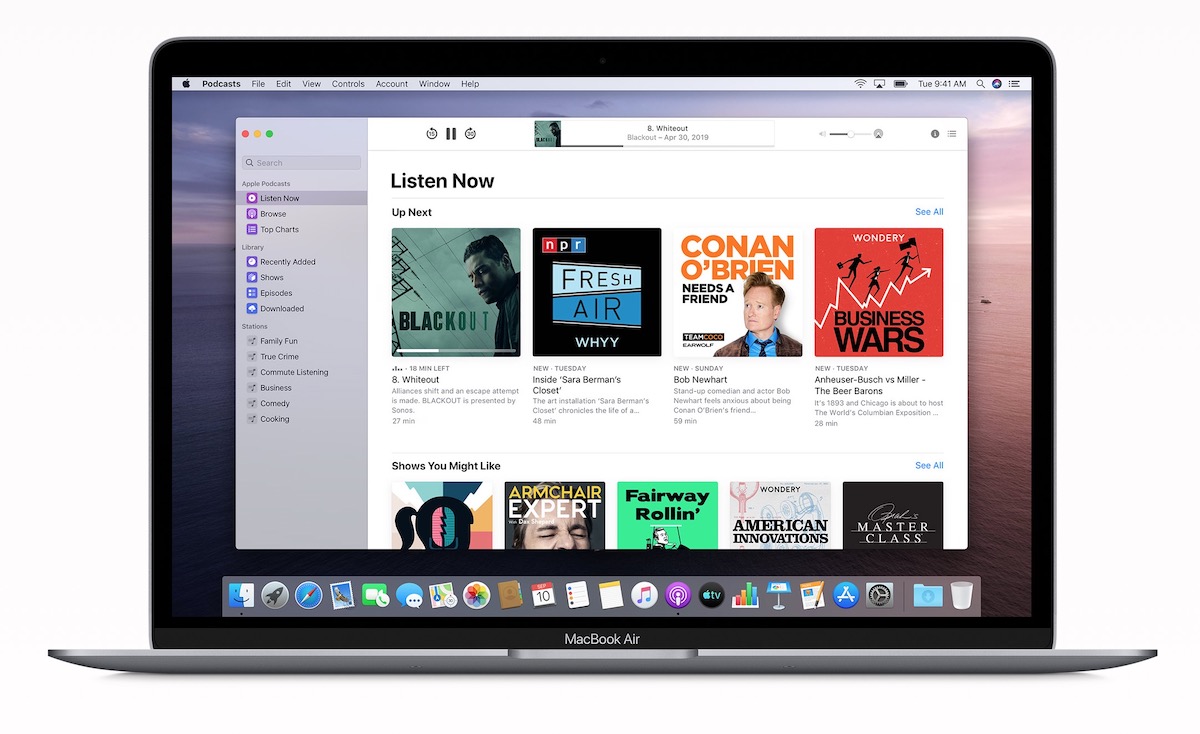

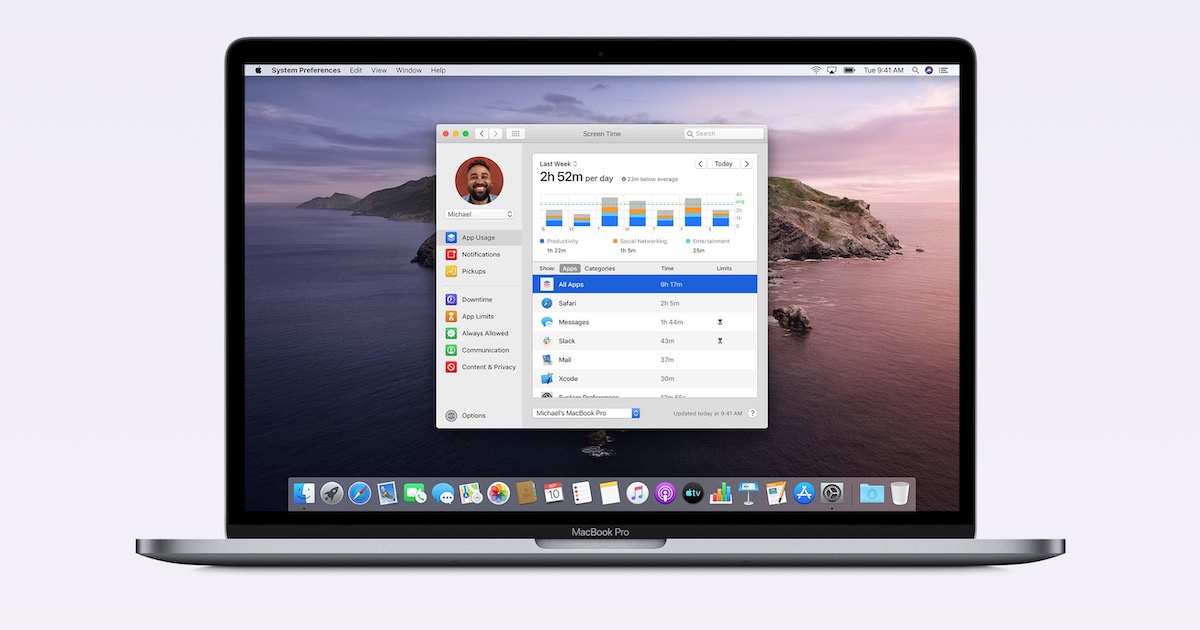
I still hope the situation will improve. I had to buy a PS5 for the games, but I would use the opportunity to play on the go without the need for internet.
The absence of games doesn't bother me at all. I have a Mac for work and a console for gaming.
You left out a crossover that can play a large number of games, which has never been released for a while. But I personally look forward to the completion of BaldursGate 3, which runs beautifully on silicon.